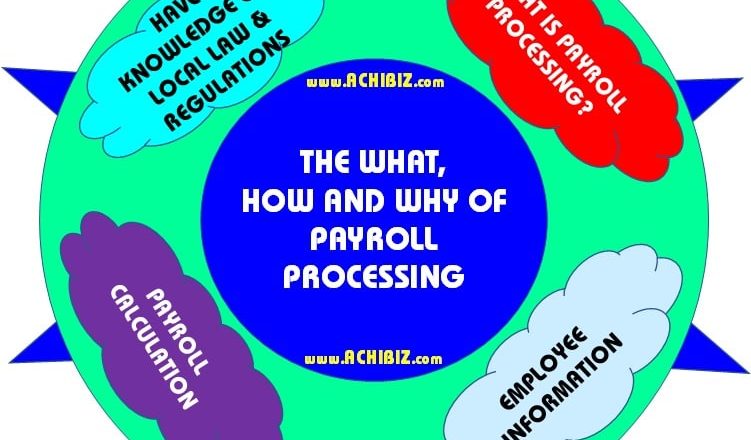Differences between Pte Ltd company by shares and Public Ltd company by shares in Singapore.
Comparison between Pte Ltd and Public Ltd companies by shares in Singapore.
Comparison of Public Ltd vs Pte Ltd companies by shares in Singapore.
Comparison of Singapore Pte Ltd vs Public Ltd company by shares?
Differences between Singapore Pte Ltd and Public Ltd companies by shares.
Comparison between Singapore Pte Ltd and Public Ltd companies by shares.
Comparison of Singapore Public Ltd vs Pte Ltd companies by shares.
Comparison of Singapore Private Limited vs Public Ltd company by shares?
Differences between Singapore Private Limited and Public Ltd companies by shares.
Comparison between Singapore Private Limited and Public Ltd companies by shares.
Comparison of Singapore Public Ltd vs Private Limited companies by shares.
Comparison of Pte Ltd vs Public Ltd company by shares in Singapore |
Introduction | - Pte Ltd is one of the most preferred corporate vehicle for wider range of business journey including professional services
| - Public company is not mostly preferred corporate vehicle due to stringent compliance and it is mostly meant with funds by the public for a larger level of international corporate business activities
|
Suitability of Business Vehicle | - Pte Ltd is suitable for carrying all types of business activities including professional services
| - Public company may raise capital by offering shares and debentures to the public
|
Definition | - Pte Ltd is a business form which is a legal entity separate and distinct from its shareholders and directors
| - A public company limited by shares is a legal entity separate and distinct from its shareholders and members however it may offer its shares to the general public and can be (though usually isn’t) listed on the stock exchange
|
Ownership or Owners | - Exempt Private Company – 20 members or less and no corporation holds beneficial interest in the company’s shares
- Private Company – 50 members or less
| - Public Company – can have more than 50 members
- Corporation can hold beneficial interest in the company’s shares
|
Offering of Shares to the public | - Pte Ltd is not eligible to offer to the public
| - Public company may offer its shares to the general public
|
Offering of Debentures to the public | - Pte Ltd is not eligible to offer to the public
| - Public company may offer its debentures to the general public
|
Listing on Stock Exchange | - Pte Ltd is not eligible to get listed on Stock Exchanges
| - Public company can get listed on Stock Exchanges subject to criteria and compliance
|
Confidentiality | - Pte Ltd is not required to disclose financial information unless it is required under the Acts
| - Lack of confidentiality because public companies have to disclose financial information to the public
|
Regulations | - Pte Ltd faces lesser stringent regulations unlike Public Companies
| - Stringent regulations to be met out by the Public Companies
|
Audit requirements | - Pte Ltd Can be audit exempt subject to criteria
| - Auditing is mandatory for Public companies
|
Appointment of Secretary | - Any individual who is ordinarily resident in Singapore qualifies as a Company Secretary for Pte Ltd
| - For Public Companies, the company Secretary needs to be a qualified person under the Legal Profession Act
|
Compliance | - Pte Ltd is not required to report to Stock Exchange authorities and the Monetary Authority of Singapore
| - Listed Public Companies are required to report to Stock Exchange authorities and the Monetary Authority of Singapore
|
Exemptions from holding an AGM (AGM-Exempt) | - With effect from 31-Aug-2018, private companies can be exempted from holding AGMs if they send their financial statements to their members within five months after the financial year end.
| - Public Companies are not eligible for AGM-Exempt
|



